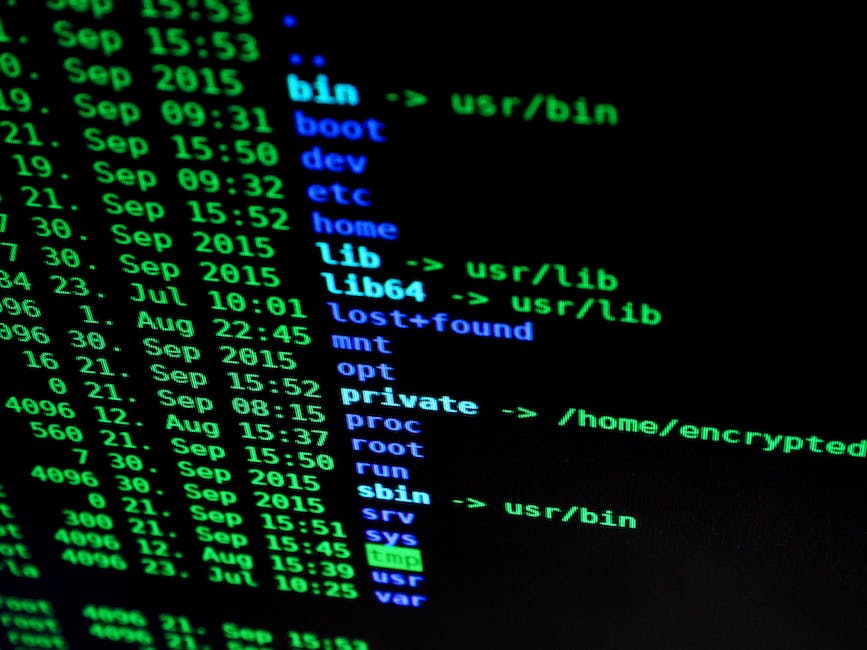Two-Factor Authentication (2FA) is a security measure that requires two distinct forms of identification to access a network or system. This method significantly enhances network security by adding an extra layer of protection beyond just a username and password. The two factors in this authentication process typically involve something the user knows (like a password) and something the user has (like a mobile device to receive a verification code). By requiring this additional step, 2FA makes it much harder for unauthorized users to breach a system, thereby providing a more robust defense against cyber threats.
Understanding the Role of Two-Factor Authentication in Enhancing Network Security

Two-factor authentication, often abbreviated as 2FA, is a security measure that’s been gaining popularity and importance in the digital world. It’s a simple yet effective way to enhance network security, and understanding its role can help us appreciate its value even more.
So, what exactly is two-factor authentication? In the simplest terms, it’s a security process where the user provides two different authentication factors to verify their identity. This process is designed to provide an extra layer of security, making it harder for potential intruders to gain access to an individual’s devices or online accounts. Because as we all know, a strong password alone is no longer enough to stand against the sophisticated hacking techniques of today.
The first factor in this process is usually something that the user knows, like a password or a PIN. The second factor, on the other hand, is something that the user has, such as a smartphone or a hardware token, or something that the user is, like a fingerprint or other biometric data. This combination of factors provides a more robust defense against unauthorized access.
Now, let’s delve into how two-factor authentication enhances network security. The primary benefit of 2FA is that it adds an additional layer of security. Even if a hacker manages to crack your password, they would still need the second factor to gain access. This significantly reduces the chances of successful cyber attacks and data breaches.
Moreover, two-factor authentication can also provide a safety net in case your password gets stolen. If your password does fall into the wrong hands, the thief would still need your second factor to access your account. This gives you time to change your password and secure your account before any damage can be done.
Another advantage of 2FA is that it can serve as a deterrent for hackers. When they see that an account is protected by two-factor authentication, they might decide that it’s not worth the effort and move on to an easier target. This is especially important for businesses, as they often have valuable data that needs to be protected.
However, it’s important to note that while two-factor authentication significantly enhances network security, it’s not a silver bullet. It should be used in conjunction with other security measures, such as strong, unique passwords, regular software updates, and secure network connections.
In conclusion, two-factor authentication plays a crucial role in enhancing network security. It provides an additional layer of protection, reduces the chances of successful cyber attacks, and can serve as a deterrent for hackers. While it’s not foolproof, it’s a powerful tool in the fight against cybercrime. So, if you’re not already using two-factor authentication, it might be time to consider it. After all, in the digital world, you can never be too safe.